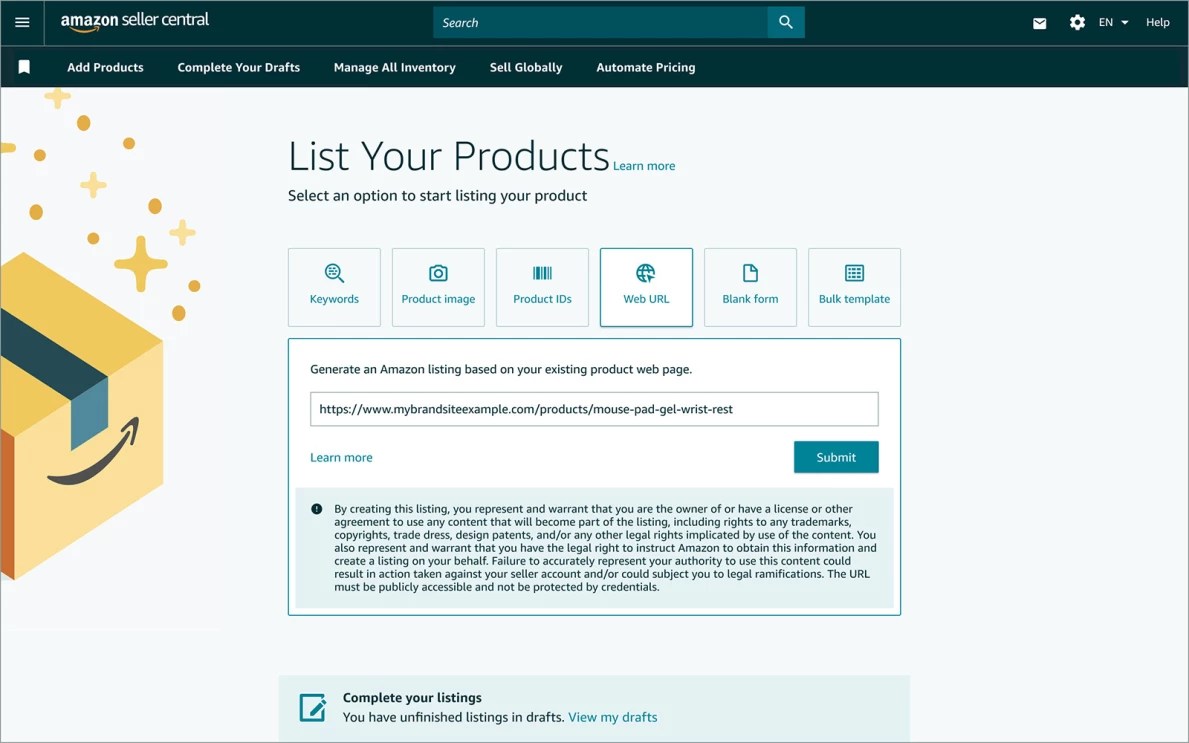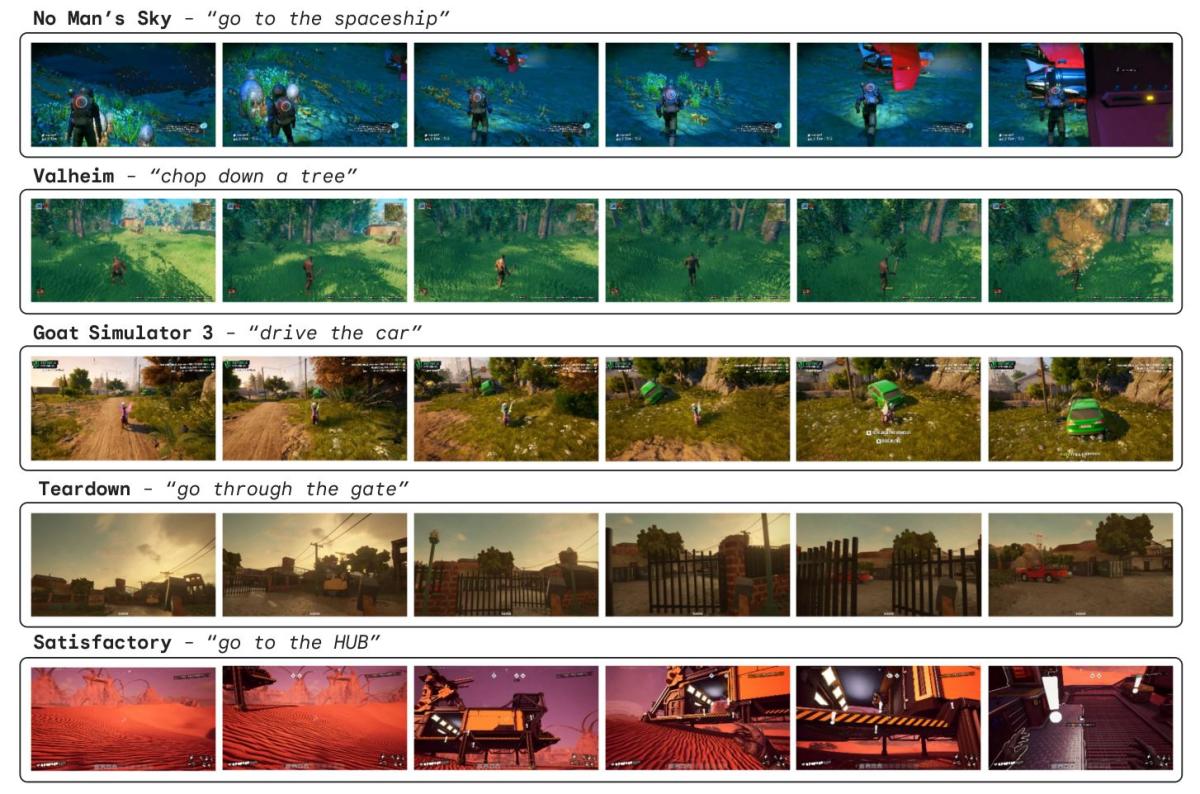AI🌪️Thursday Innovation: OpenAI's Sora, EU's AI Act, Amazon's Listing AI, and Google DeepMind's Gaming Companion
1. OpenAI's Sora text-to-video generator to launch publicly later this year
2. EU Parliament pioneers AI Act for regulation
3. Amazon empowers sellers to create listings via URL using AI
4. Google DeepMind develops AI gaming companion.
Stay tuned for further insights!
Welcome to a thrilling day in the world of AI! Today, we embark on a journey through the latest advancements shaping the landscape of artificial intelligence. From OpenAI's groundbreaking text-to-video generator to the EU Parliament's pioneering AI Act, we are at the forefront of innovation. Amazon's AI-powered listing creation and Google DeepMind's development of a gaming companion add further intrigue to our exploration. Join us as we delve into the realm of cutting-edge technology and unravel the potential of AI to transform our lives. Let's dive into these exciting updates and unravel the mysteries of the digital world!
1. OpenAI's Sora text-to-video generator to launch publicly later this year
OpenAI's Sora text-to-video generator, slated for release this year, transforms text into hyperrealistic scenes. Incorporating audio and user editing, it aims to enhance realism. Concerns over potential misuse, especially during the 2024 presidential election, are on the rise. The tool, which initially targeted visual artists, designers, and filmmakers, is poised for public availability. OpenAI Chief Technology Officer Mira Murati hints at using publicly available or licensed data for training but remains vague. Despite efforts to keep costs similar to DALL-E, powering Sora is notably more expensive. Watermarking and limitations on public figure depictions aim to address potential misinformation risks.
/cdn.vox-cdn.com/uploads/chorus_asset/file/25333634/openai_sora_screen.png)
2. EU Parliament pioneers AI Act for regulation
The European Parliament passes the AI Act, categorizing AI products by risk to protect rights and boost innovation. It's the world's first comprehensive AI regulation framework. High-risk AI systems face stricter governance, with transparency obligations on developers. Controversial, it aims to avoid disadvantaging domestic companies while upholding European values. Provisions banning certain AI practices will take effect six months after the law is enforced, including restrictions on biometric categorization and emotion recognition. Real-time facial recognition by law enforcement is permitted only in specific situations, with post-facto use requiring judicial authorization. The AI Act marks a significant step towards responsible AI governance in Europe.

3. Amazon empowers sellers to create listings via URL using AI
Amazon introduces a new AI-powered tool to aid sellers in creating listings effortlessly by parsing details from item URLs. This feature, available in the U.S., allows sellers to leverage existing listings simply by providing Amazon with a URL. Over 100,000 sellers have already utilized Amazon's generative AI tools, with an impressive 80% acceptance rate of AI-generated suggestions. This move follows Amazon's previous initiatives in AI, such as generating background images for advertisers through text prompts. Other tech giants like Google and eBay have also explored AI-powered tools for product-related tasks, highlighting the growing trend in AI adoption among retailers.

4. Google DeepMind develops AI gaming companion.
Google DeepMind pioneers SIMA, an AI mastering multiple 3D games via human gameplay videos. It learns to interpret verbal instructions, aiming for generalization across various games. By associating visual cues with actions and objects, it achieves flexibility. Though specific game mechanics pose challenges, SIMA adapts with more training data. This approach diverges from traditional reinforcement learning, prioritizing imitation learning from human behavior over reward signals. The goal is to create natural, cooperative game companions, enhancing player experiences. Other companies explore similar avenues, hinting at the potential of AI in open-ended collaboration and improvisation in gaming.

As we conclude our exploration of today's AI updates, we are reminded of the remarkable progress unfolding in the field of artificial intelligence. As we look ahead, let us anticipate further breakthroughs and continue to embrace the transformative power of AI in our lives. Thank you for joining us on this journey of discovery. Until next time, stay curious and keep innovating!








